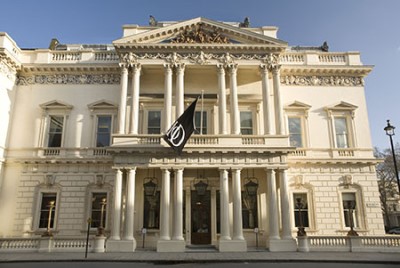
Start-up founders are defying the economic gloom, a new survey from the Institute of Directors reveals today. The poll of almost a thousand members of the IoD’s start-up community showed that the majority had managed to grow over the past year, with 13 per cent at least doubling their turnover, but also found concerns about the potential for a disorderly Brexit at the end of the month.
Half of the entrepreneurs questioned thought no deal would be negative for their organisation, against only 10% who judged it would be positive. Company founders were also twice as likely to find the prospect of no deal more worrying than a further extension. Brexit was generally considered more of a threat than an opportunity, though many felt it was both, while survey respondents were in favour of maintaining a close economic relationship with the EU in future.
Findings include:
- 59 per cent of respondents had seen turnover increase over the past year.
- After UK economic conditions, Brexit concerns were the top factor having a negative impact on respondents’ organisations (37 per cent), ahead of business taxation (23 per cent) and global economic conditions (20 per cent).
- 34 per cent felt Brexit was more of a threat than an opportunity to their business, while 15 per cent felt the opposite; 39 per cent felt it was both.
- 55 per cent felt staying in the Single Market would be better for their organisation compared with 13 per cent who thought leaving would be more beneficial.
Commenting on the figures, Edwin Morgan, Director of Policy at the Institute of Directors, said:
“Entrepreneurs are built to buck the trend. It’s heartening to see that many start-up founders have been able to grow their organisations and prosper despite the wider political and economic upheaval, and despite the inherent challenges of starting a new venture at any time.
“The UK is a hotbed of entrepreneurial activity, helped by easy access to European markets, talent, and investment. Many company founders are understandably nervous that this could be undermined, and the prospect of a disorderly Brexit has caused disquiet within the start-up community. This makes it absolutely vital that politicians in the UK and EU redouble their efforts to find a deal, despite their differences.
“It’s often said that entrepreneurs thrive on change, and in many respects they are great disrupters of existing companies and markets. Start-ups, however, want to spend more time on creating great new products and services, and less on dealing with political uncertainty. Making sure the process of Brexit is as smooth as possible is the best thing governments, both here and in the EU, can do to promote the entrepreneurial spirit that creates dynamic economies.”